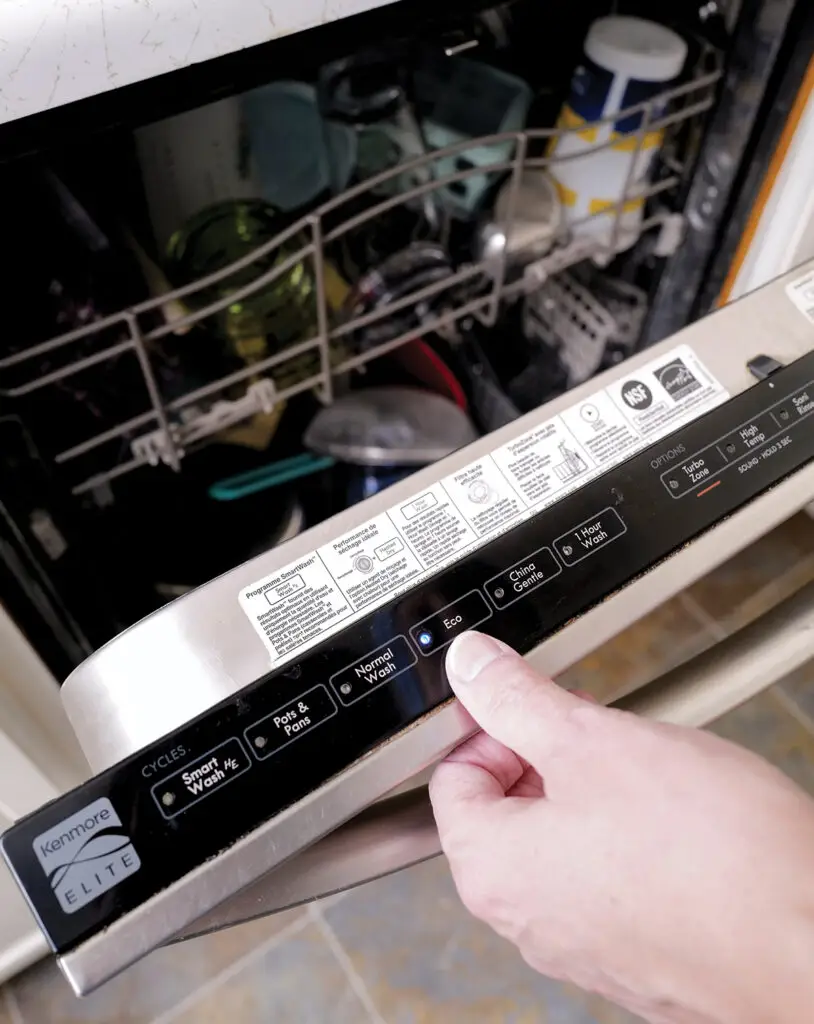What does “peak energy time” mean, and why should I use less energy at home?
“Beat the peak” has become a unified message among Alabama’s electric cooperatives as the demand for electricity grows year after year. Your electric co-op must deliver around-the-clock electricity to power your life. To understand why it is so important for everyone to use less energy when there is high demand for electricity, known as peak times, let’s start with the complex system that delivers electricity to your home.
The U.S. power grid is often considered one of the largest machines in the world. Some could argue it is our country’s greatest achievement because reliable electricity has become essential to our daily lives and our economy.
The U.S. has three main interconnected power grids: the Eastern Interconnection, the Western Interconnection and the Electric Reliability Council of Texas. Each interconnection has regional balancing authorities, which are organizations that ensure electricity supply constantly matches electricity demand.
The interconnections are powered by electric generation in various sources, including hydropower, nuclear, coal, gas, wind, solar and more. Some of these generation sources can supply power constantly or be ramped up or down depending on demand, while others supply intermittent power. The energy produced by these sources connects to the grid and moves along transmission lines that allow power to travel long distances.

Your electric co-op is known as a distribution utility, which operates the power infrastructure connecting transmission lines to the distribution power lines that bring electricity to your home.
This whole system and the more than 2 million people who operate it are continually working behind the scenes so we can take advantage of a 24/7 supply of electricity at the flip of a switch.
Throughout the day, demand for power supply fluctuates. If supply and demand fall out of balance, local or widespread blackouts can occur. To maintain reliable power, especially during peak times, there must be enough power supply to equal demand.
Due to supply and demand, the cost to buy power is higher during peak times. Peak times vary across the country but are typically in the morning as we start our day and, in the evening, when we return home.
The demand for power increases every year. The U.S. Energy Information Administration projects residential consumption of purchased electricity will increase between about 14% and 22% from 2022 to 2050. Industrial, transportation and commercial consumption is also projected to experience increased demand.
As generation, transmission and distribution utilities work to increase production and maintain and protect our grid, it’s important for all of us to take steps to use less energy every day. In turn, it will help you save on your monthly electric bill.
To beat the peak, think about how you can use less energy in the morning and evening. Start with the area that uses the most energy by adjusting your thermostat during peak hours, either up or down a few degrees depending on the season. A smart thermostat can do this for you automatically.
Are there certain appliances or devices you can wait to run until after peak hours? For example, start the dishwasher or dryer before you go to bed. If you have an electric vehicle, program it to charge overnight instead of right when you return home in the evening. Smart power strips ensure your devices are not pulling power when they are turned off. These devices work well for TVs and gaming devices.
If you have appliances that are 10+ years old, consider replacing them with new, efficient ENERGY STAR®-rated appliances. Your electric cooperative may have rebates to help lower the initial cost.
By embracing energy conservation, we can all make small changes that have a big impact on our community and the intricate system that powers our lives. To learn more about your local peak times and how you can use less energy, contact your electric co-op.
Miranda Boutelle is the chief operating officer at Efficiency Services Group in Oregon, a cooperatively owned energy efficiency company. She has more than 20 years of experience helping people save energy at home, and she writes on energy efficiency topics for the National Rural Electric Cooperative Association, the national trade association representing more than 900 local electric cooperatives.




